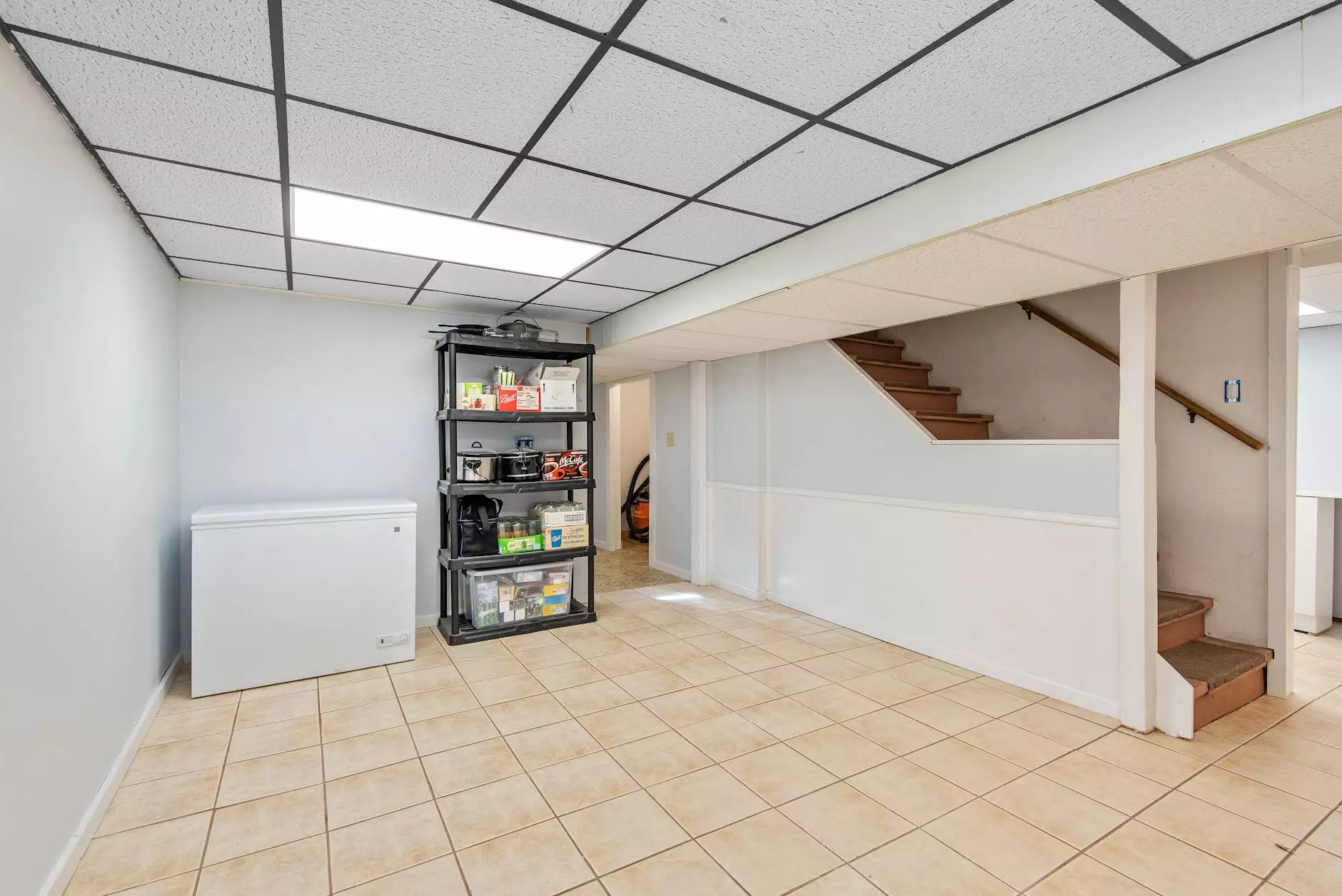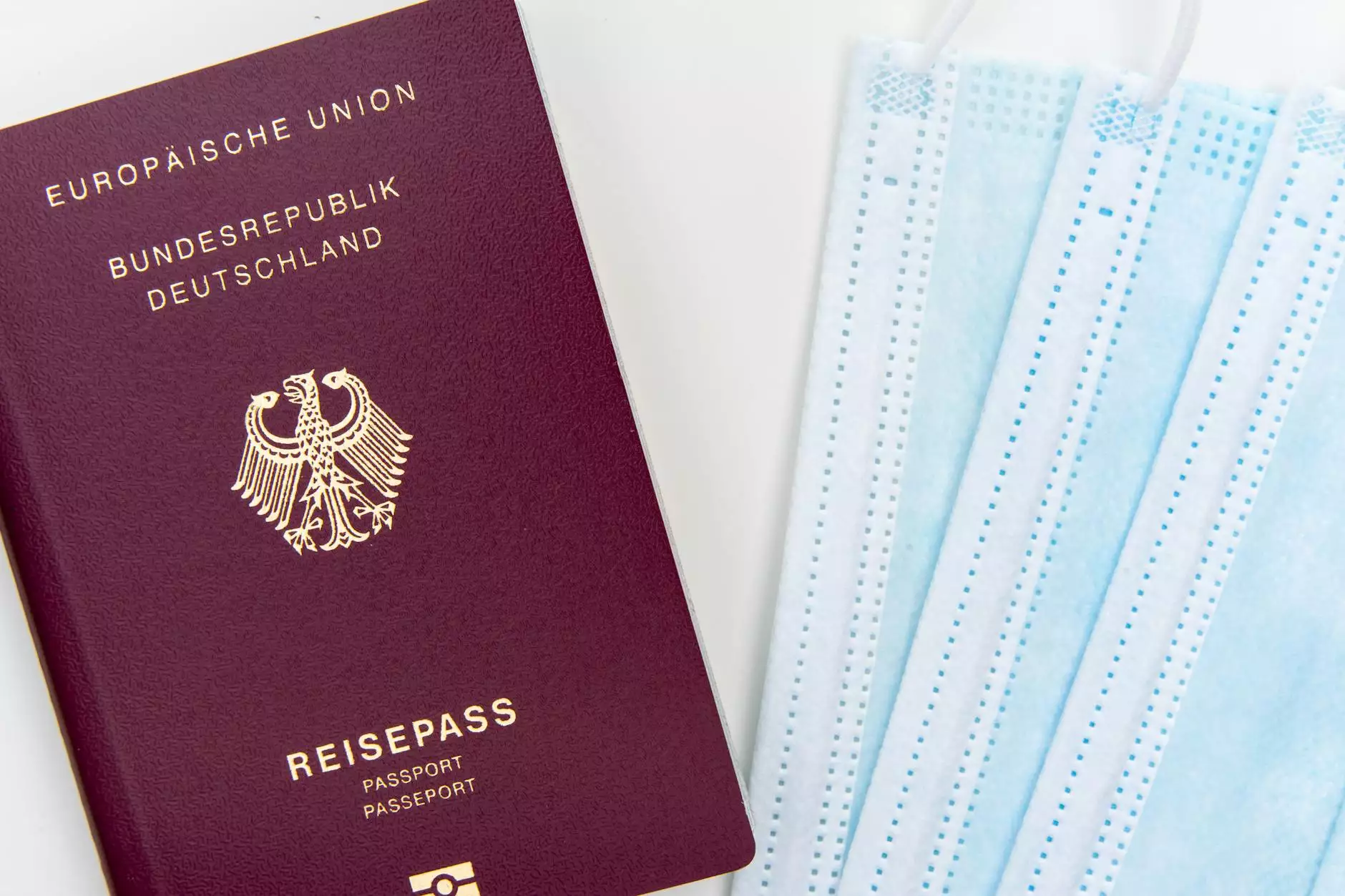Understanding Blast Freezer Prices: A Comprehensive Guide

In today's fast-paced business environment, refrigeration equipment plays a vital role in maintaining the quality and safety of perishable goods. Among various refrigeration solutions, blast freezers stand out for their efficiency and speed in freezing products. Understanding the blast freezer price is crucial for businesses looking to invest wisely in their refrigeration needs. In this extensive guide, we will explore the factors affecting blast freezer prices, how to choose the right model for your business, and the long-term benefits of investing in high-quality cooling equipment.
What is a Blast Freezer?
A blast freezer is a specialized piece of refrigeration equipment that rapidly reduces the temperature of food products. Unlike traditional freezers, which may take hours to freeze items thoroughly, blast freezers can achieve desired temperatures in a fraction of the time, typically within 90 minutes. This rapid freezing process is crucial for maintaining the taste, texture, and nutritional value of food products.
Why Invest in a Blast Freezer?
Investing in a blast freezer can offer several advantages for businesses involved in food processing, catering, and storage. Here are some compelling reasons:
- Preservation of Quality: Rapid freezing prevents the formation of large ice crystals, which can damage cellular structures in food.
- Extended Shelf Life: Products frozen quickly retain their freshness and can be stored for longer periods without compromising quality.
- Increased Efficiency: Businesses can save time and energy by freezing multiple products simultaneously in a blast freezer.
- Cost Savings: While the initial investment may be significant, the long-term savings in operational costs make it a viable option.
Factors Influencing Blast Freezer Prices
The price of a blast freezer can vary widely based on several factors. Understanding these can help you make a more informed decision:
1. Size and Capacity
The size and capacity of the blast freezer are key determinants of the price. Larger models capable of freezing bulk quantities will generally be more expensive. Consider your business's production needs to select the right capacity:
- Small (up to 50 kg per batch)
- Medium (50 kg to 200 kg per batch)
- Large (over 200 kg per batch)
2. Type of Blast Freezer
Blast freezers come in different types, including:
- Horizontal blast freezers: Ideal for larger items or bulk quantity freezing.
- Vertical blast freezers: Better suited for items in smaller portions.
The type you choose will affect the price and functionality of the unit.
3. Features and Technology
Modern blast freezers often come equipped with advanced features such as:
- Digital controls: Provide precise temperature settings and monitoring.
- Automatic defrosting: Reduces maintenance time.
- Energy-efficient technology: Saves on operational costs.
The more features a blast freezer has, the higher the price will typically be.
4. Brand Reputation
Well-established brands often come at a premium price due to their reliability and service support. Investing in a reputable brand can provide peace of mind and ensure your equipment performs optimally.
Price Range of Blast Freezers
Based on the factors mentioned above, here is a general breakdown of the price ranges you can expect when shopping for a blast freezer:
- Small blast freezers: $2,000 - $5,000
- Medium blast freezers: $5,000 - $15,000
- Large blast freezers: $15,000 and above
Each price range reflects the capacity, features, and brand reputation, so be sure to assess your needs carefully.
Choosing the Right Blast Freezer for Your Business
When selecting a blast freezer, consider the following factors to ensure you make the best choice for your business:
1. Assess Your Freezing Needs
Evaluate the types of products you will be freezing and their recommended freezing times. This will help determine the appropriate size and capacity required.
2. Space Considerations
Measure the available space in your facility to ensure the blast freezer fits comfortably without obstructing workflow. Consider vertical models if space is limited.
3. Energy Efficiency
Look for blast freezers with high energy efficiency ratings. They may be more expensive upfront but will save significant costs on electricity bills over time.
4. Maintenance Requirements
Consider the maintenance ease of the unit. Models with features like automatic defrosting can save on labor and time.
Cost-Benefit Analysis of Buying a Blast Freezer
The initial outlay for a blast freezer may seem steep, but it's essential to conduct a thorough cost-benefit analysis. Consider the following:
Initial Investment
The initial cost of the freezer, transportation, and setup should be factored in. Calculate the expected lifespan of the unit to assess the return on investment (ROI).
Operational Costs
Evaluate the ongoing costs such as energy, maintenance, and repairs. Energy-efficient models often lead to lower monthly expenses.
Increased Revenue Opportunities
By maintaining the quality of your products, you can increase your customer base, reducing waste, and securely tapping into markets that require higher-quality frozen goods.
Conclusion: Making an Informed Decision
In conclusion, understanding the factors that influence blast freezer prices is crucial before making a purchase. Carefully assessing your operational needs and potential return on investment will lead you to a decision that will benefit your business in the long run. Well-chosen refrigeration equipment not only enhances efficiency but also improves the quality of your products, ultimately leading to satisfied customers.
For more information and a selection of high-quality refrigeration equipment, visit first-coldchain.com. We are committed to helping you find the right solutions to suit your business needs.









